
By Sarah Edwards, founder of Not Another Travel Blog
While its neighbors Vietnam and Thailand have been long established as some of the top destinations for foodies visiting Asia, Cambodia’s cuisine has been left somewhat in the shadows. I was surprised to find when researching this article that there seems to be only one Cambodian restaurant listed in London —
compared with hundreds of Thai and Vietnamese eateries.
Typical of its Southeast Asian location, you can still expect to enjoy plenty of curries, spicy salads and delicious seafood, but somehow the flavors seem more nuanced — fragrant and delicate. While its international reputation continues to spread, Cambodia is hard at work developing its local foodie scene. In fact, a quick search throws up well in excess of 60 options for fine dining in the tourist hubs of Siem Reap and Phnom Penh.
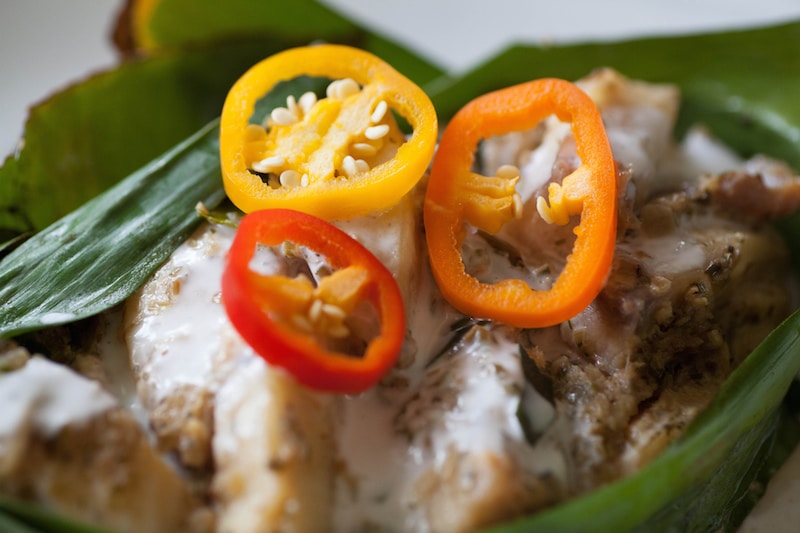
A Conflicted Past
When talking about food it’s also important to note Cambodia’s checkered recent history. This includes devastating damage resulting from carpet bombing in WWII. Moreover, immense suffering was caused by the dominance of the Khmer Rouge in the 1970s and Cambodia is still struggling to overcome government corruption today.
With this in mind traveling responsibly through this amazing country is of vital importance to support its continuing economic and democratic development. Eating ethically is an easy way to do this. Best of all, some of the local NGOs are restaurants providing top quality dining for foodie travelers.
In #Cambodia, where you #eat can have a positive #impact Click To TweetWhat Does Eating Ethically Involve?
As with any form of responsible travel, you can take it to varying degrees. This could be a case of choosing eateries that use locally sourced, fresh and seasonal ingredients or dining somewhere that is actively working to bring positive change to the local community.
I try to pick local restaurants serving traditional food where possible, knowing that these are more likely to be family-run, independent local businesses. It’s even better if we can find places that enjoy NGO status —meaning they operate independently of government organizations — or make their sustainable commitments obvious, such as using organic produce or donating profits to the community.
For me, the first step in my ethical eating journey through Cambodia was to understand the cuisine in more detail. By getting to grips with the flavors, cooking techniques and speciality dishes, I found it even more exciting to go on and discover restaurants using these traditional ingredients and methods to create Khmer dishes.
Cooking Classes
Taking a cooking class is a brilliant way to do this. Typically in Cambodia classes give you the opportunity to create recipes like Amok Fish Curry, Khmer Noodles or Khmer Red Curry.
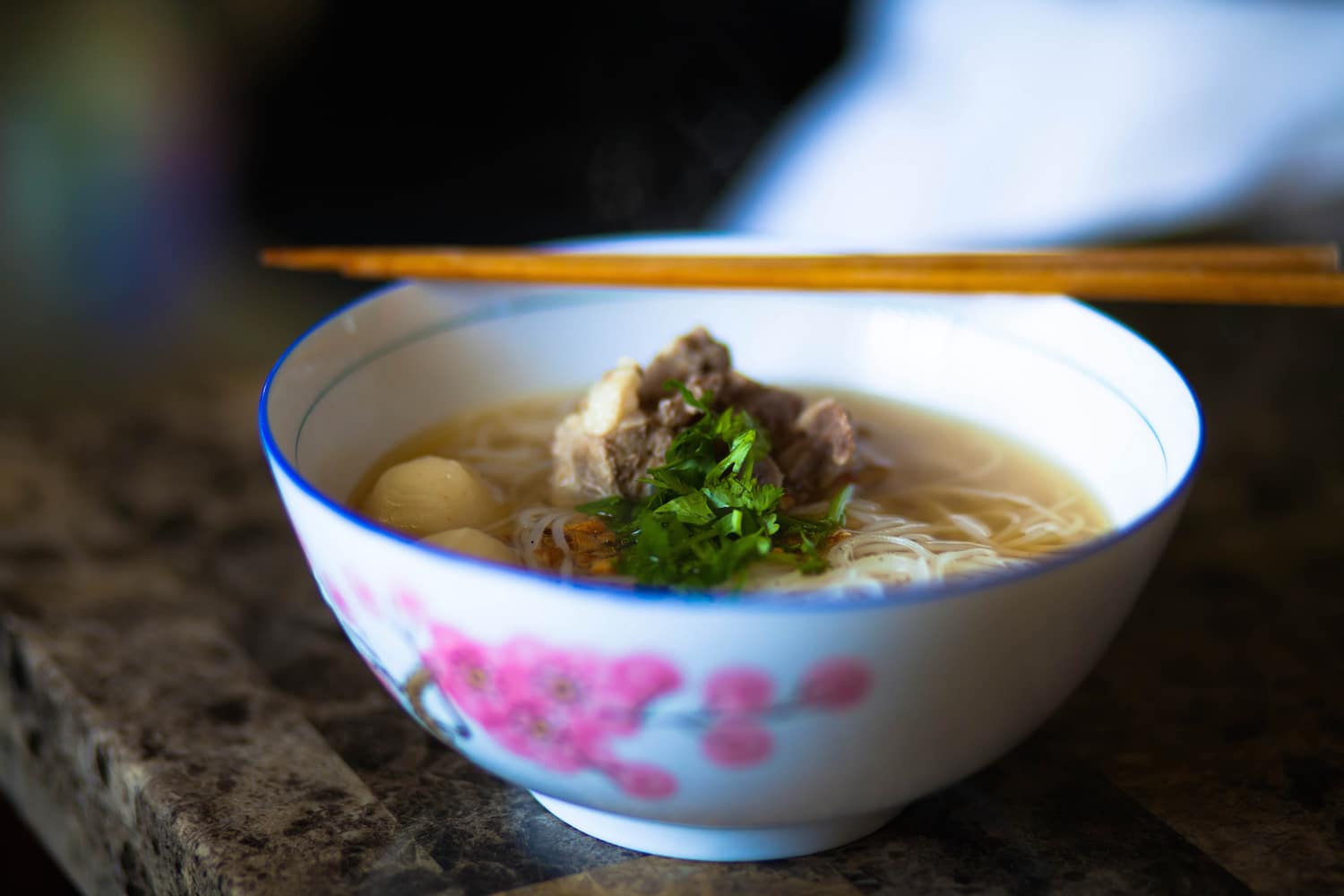
I had a brilliant day touring the local markets in Siem Reap to pick up fresh ingredients, before creating a three-course meal which I’d enjoyed with a group for lunch. The markets in themselves offer great insight into the local food chain, where Cambodian farming communities sell home-grown fresh fruit and vegetables that look as though they could have been picked that morning and have never felt a whiff of a pesticide. Vibrant, dynamic and incredibly hectic, sellers and restaurant owners banter and barter until the perfect matches are made.
Once I’d enjoyed a cooking class, I had a much better idea of what to keep an eye out for on menus, and had a great time hunting out ethical dining options throughout Cambodia.
Ethical Eating Experiences
My favorites — many of which enjoy national acclaim for the quality of their food — include:
Friends Restaurant Phnom Penh
Part of the Friends Restaurant Group owned by the Tree Alliance, the eateries work to help children from deprived backgrounds to become productive and independent members of their community. The passion fruit tart is one of the best things I’ve ever eaten!
Check out these delicious #Cambodia #restaurants with charitable missions! Click To Tweet
Haven Restaurant Siem Reap
This is a top choice for ethical diners in Siem Reap. They work extremely hard in the community to support young adults from orphanages and other difficult backgrounds to help them build careers in the restaurant industry. They also provide English lessons and training in skills like using computers. Fresh ingredients are bought daily and the food is consistently excellent.
Genevieve’s Siem Reap
This is a bustling and lively eatery where the staff are extremely friendly and the owner is known for being welcoming. Ten percent of profits are donated to local charities and the food is superb. Actually, the Beef Lok Lak is some of the best I’ve tasted.
Have suggestions on where to eat in Cambodia for an ethical meal? Please share in the comments below!
Further Exploration:
How To Help Impoverished Communities In Cambodia [Great Reads]
Cambodian Cooking: A Humanitarian Project Cook Book [Great Reads]
Clever Travel Companion Pickpocket-Proof Garments [Travel Safety]
Jessica Festa
Latest posts by Jessica Festa (see all)
- A Culturally-Immersive Adventure In Mongolia’s Altai Mountains - Jul 8, 2023
- This Recipe Sharing Platform Supports Women In The Culinary Industry (Labneh Recipe Included!) - Nov 5, 2020
- Hiking The Mohare Danda Community Eco-Trek In Nepal - Jun 3, 2020
- 6 Important Questions For Choosing A Responsible Yoga Retreat - May 18, 2020
- How To Create & Grow A Profitable Blogging Business (Ethically) - Jan 18, 2020

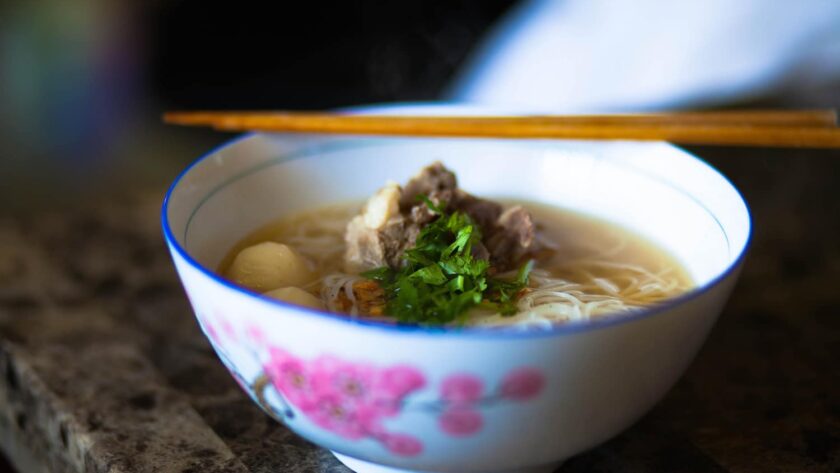
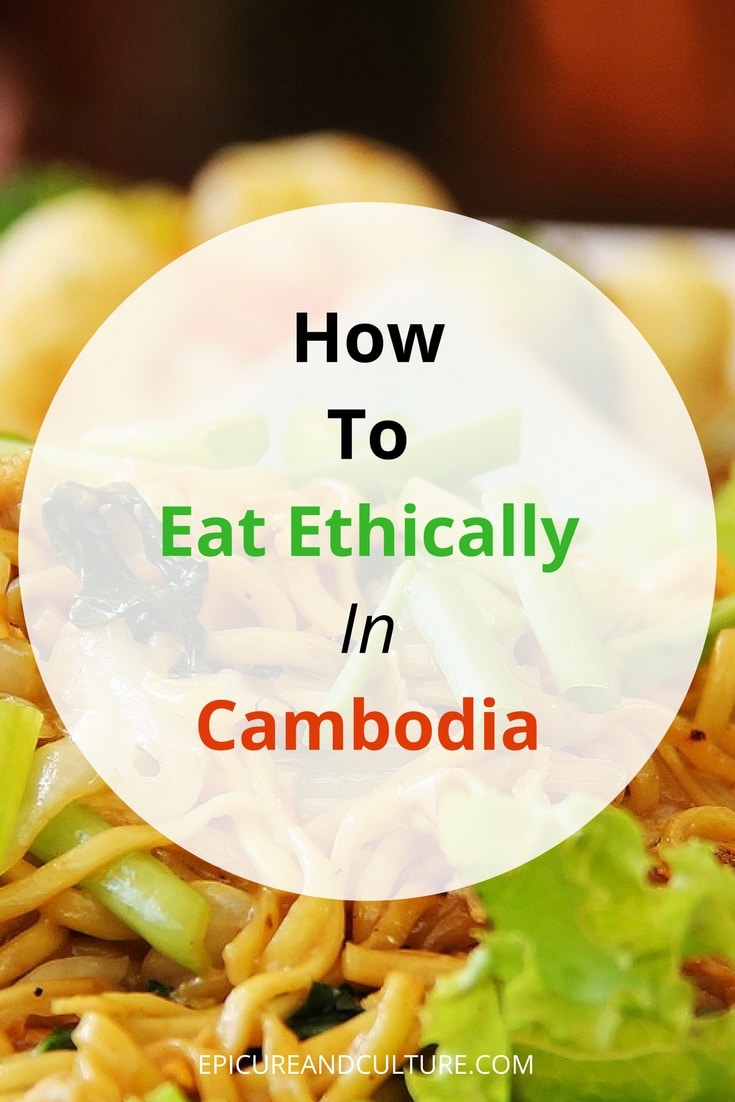


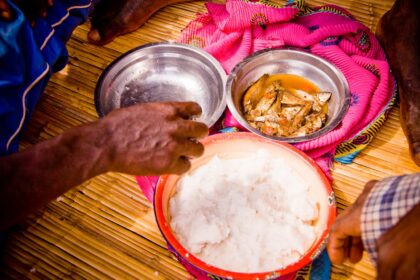
Glad to see your post as I have just enjoyed a cooking class in Phnom Penh and whilst searching for Cambodian restaurants in London, for my return, the results yielded only one! I wished to add another restaurant for ethical eating which is Romdeng in Phnom Penh on 174th Street in the direction of the central market which is a training school for disadvantaged youth